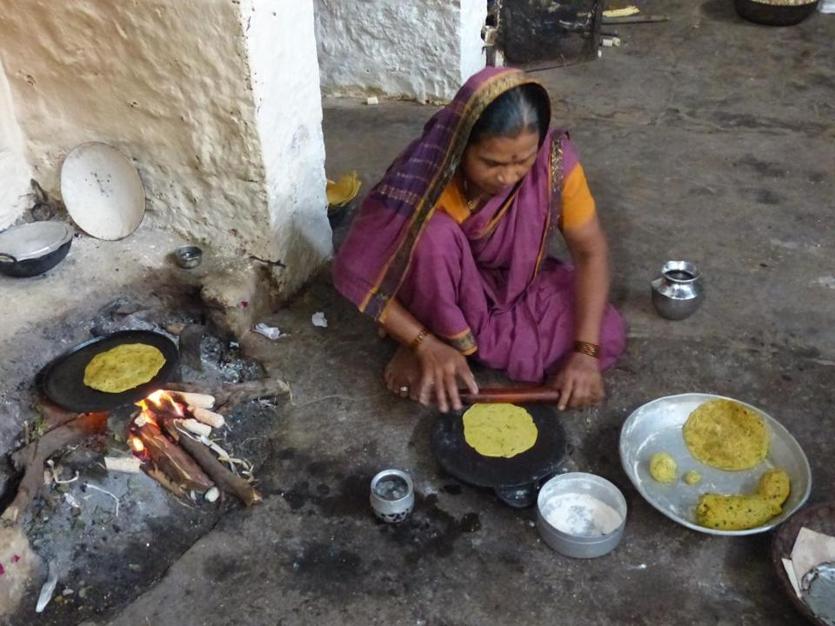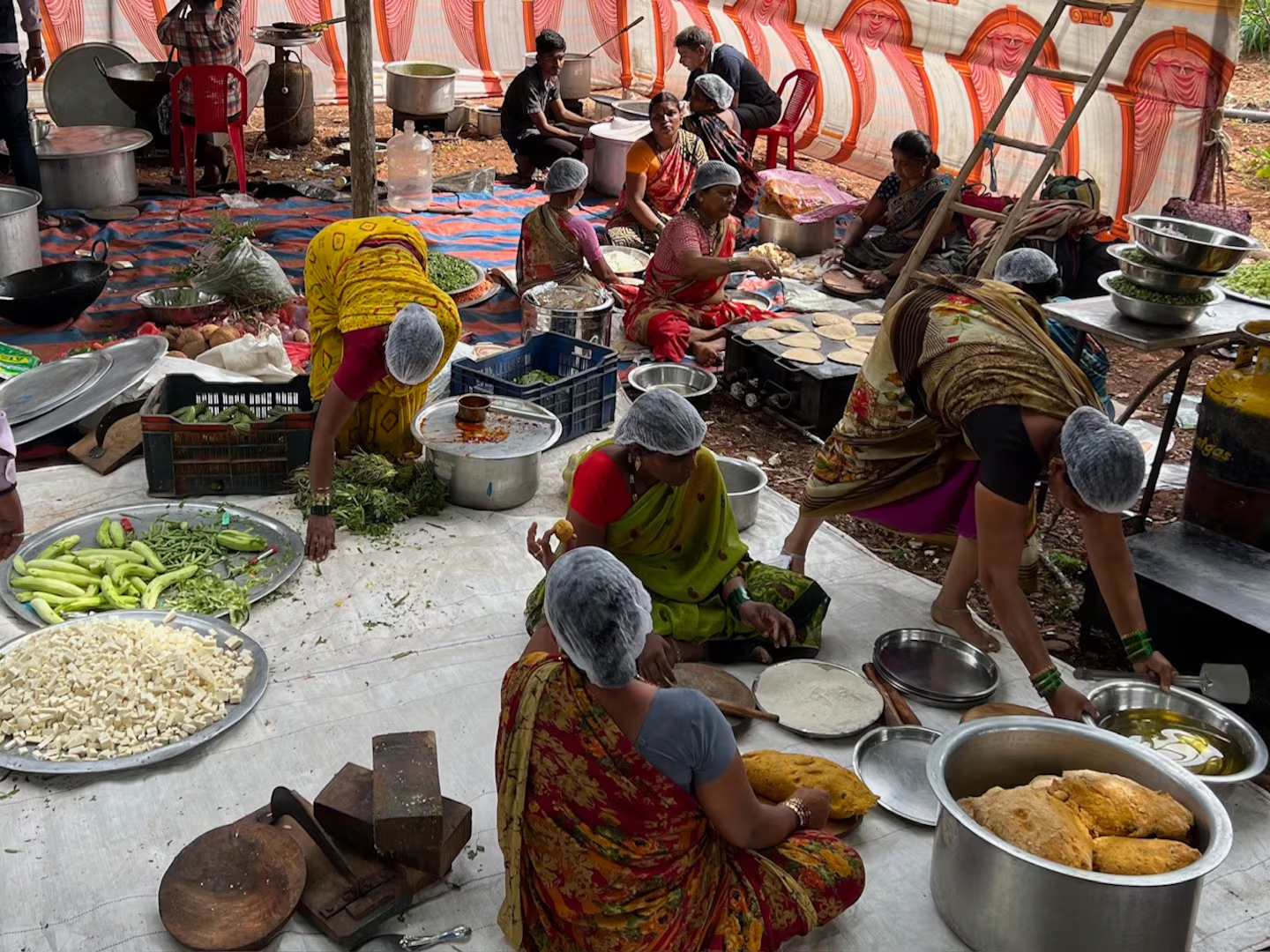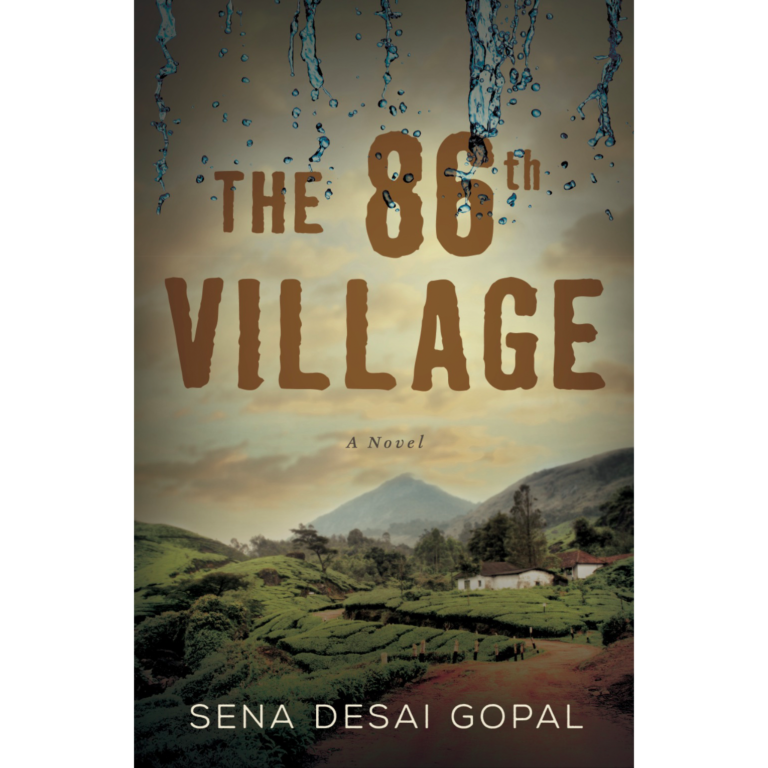YADAHALLI, India — It is barely dawn in my home village and the cowherd has already brought fresh milk into the kitchen (cows and water buffalo are pastured in the surrounding forests). The cook, Umesh Madalgi, is preparing upit, a savory cream of wheat dish that we eat for breakfast, and three women are kneading millet dough for rotis, thin tortilla-like rounds that we have at lunch and dinner.
My fondest childhood memories are in this kitchen, filled with aromas of spices and smoke, a happy place where lighthearted banter, teasing, and innocuous gossip play out. As a child, I begged the women to teach me how to make rotis and they indulged me as I lagged hopelessly behind their quick hands patting lime-size balls of dough into rounds. Sitting cross-legged on small wooden stools with inch-high legs, they made about 100 a day.
I was raised in this 250-year-old house, 350 kilometers east of Goa on the Arabian Sea, where my family has lived for 18 generations. It belonged to my father’s parents, who continued to live here when my parents married. My father is a physician, wildlife photographer, and community leader, and he and my mother support many local social causes, including sanitation, conservation, and education.



